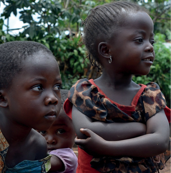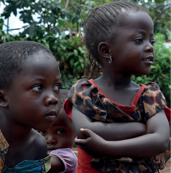- Accueil
- Actes du colloque
- Conflict-related sexual violence against men in the Democratic Republic of Congo (RDC) : Lifting the veil of secrecy around a controversial and taboo subject
Visualisation(s): 517 (5 ULiège)
Téléchargement(s): 0 (0 ULiège)
Conflict-related sexual violence against men in the Democratic Republic of Congo (RDC) : Lifting the veil of secrecy around a controversial and taboo subject

Résumé
After 20 years as a breeding ground for rape and other forms of sexual violence, “The DRC is today on its way to becoming a reference in efforts to combat this dehumanizing practice” (allAFrica, 2017. Although the progress made during the last three years is worth celebrating, nowhere in this document are men and boys explicitly mentioned as victims and beneficiaries of the tremendous breakthrough in the fight against sexual violence. The lack of inclusivity of men and boys victims of wartime sexual violence signals a continued lack of awareness and knowledge of how to address this issue (Gorris & Touquet, 2016). Although both men and women can be victims of conflict-related sexual violence, men’s victimization experience is generally considered a controversial and taboo subject (Couturier, 2012; Storr, 2011). This is particularly true in the context of the armed conflict in the DRC, an area of research that has often been overlooked and neglected over the years (Couturier, 2012; Storr, 2011). Conflict-related sexual violence against men has been described as the deepest and darkest secret of war, and the secret is being preserved to the point where sexual violence against men exists predominantly as a rumor. According to Fisher, Goodwin, and Patton (2008), “It is time for us as a society to evolve past narrow interests and gender stereotypes and embrace the fact that unless all victims are welcome at the table then nothing will substantially change in our quest for real and inclusive social justice and peace” (p. 35).






